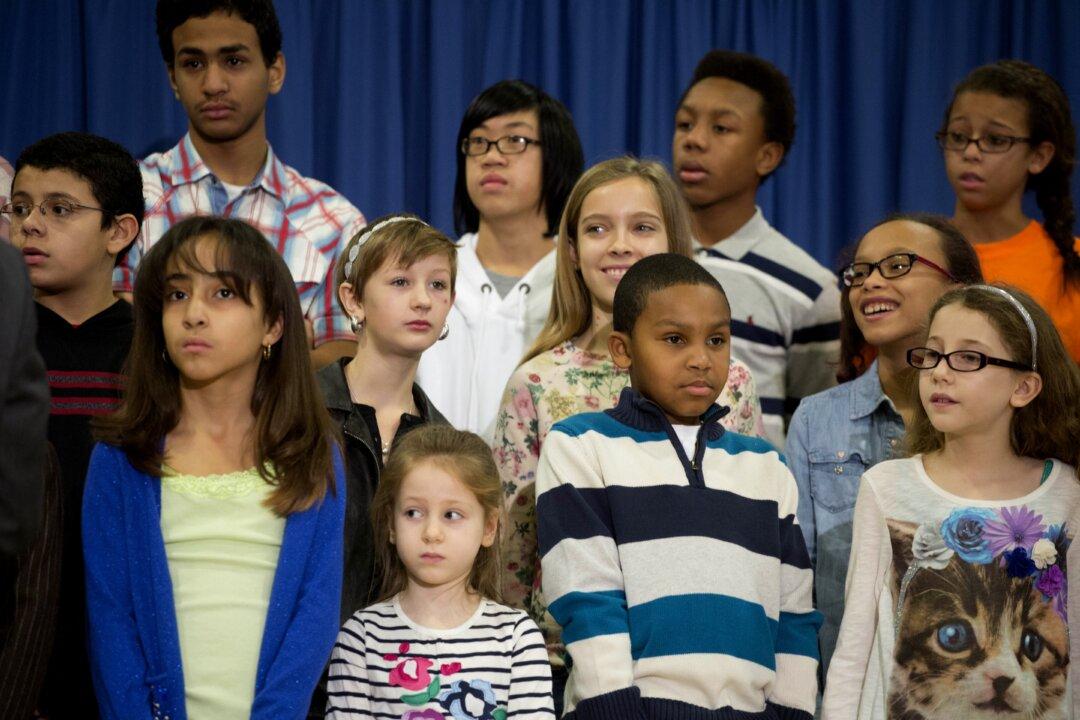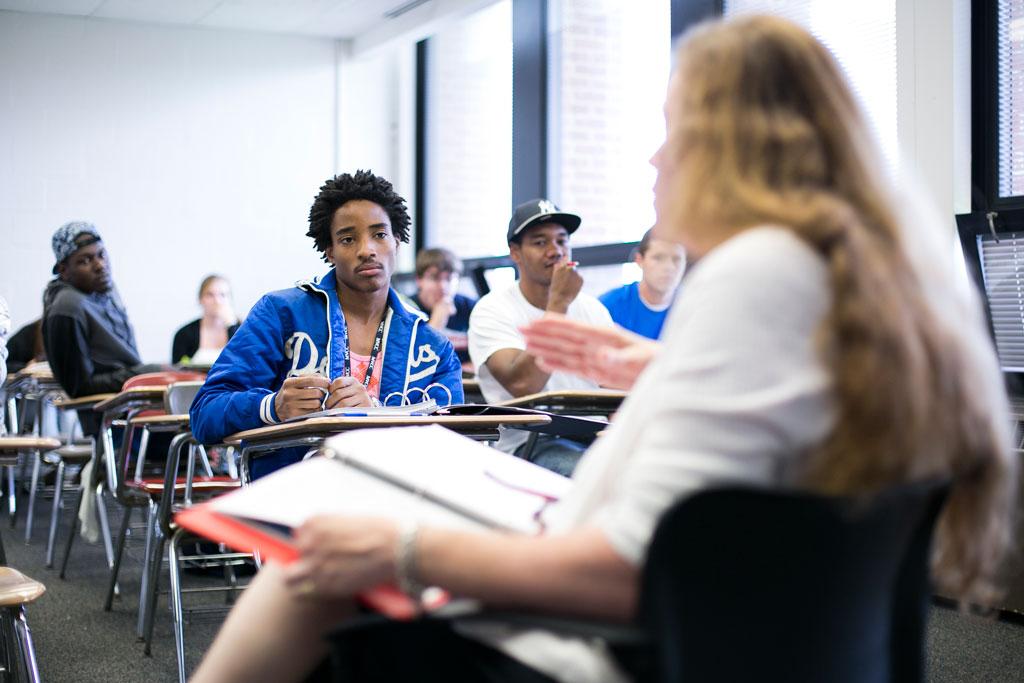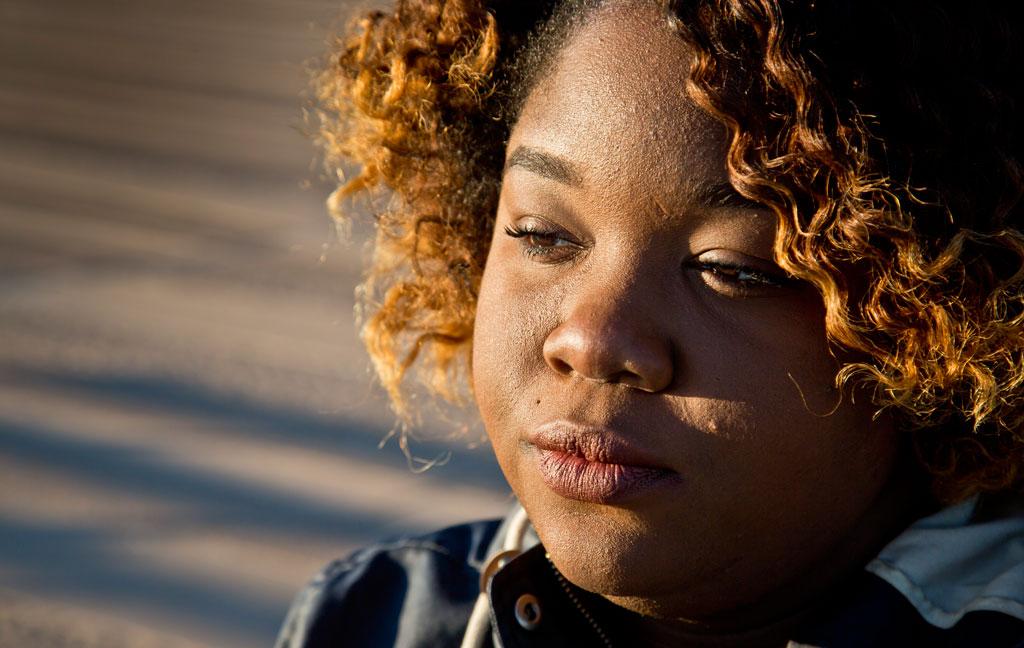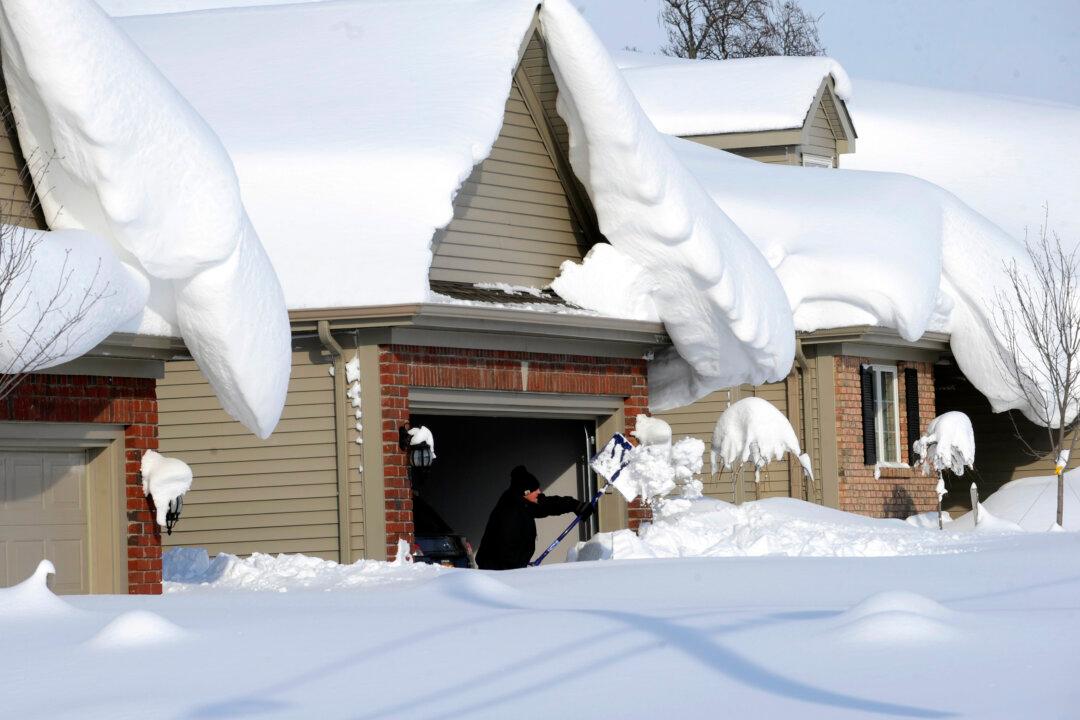BUFFALO, N.Y.—After battles in Albany over who should have access to results of state-mandated teacher evaluations, the group given the right to see them—parents—appears to be showing little interest.
Associated Press queries to districts around the state revealed that few, if any, parents have asked for their child’s teacher’s rating since New York began requiring teachers to be classified every year as “highly effective,” ‘‘effective,“ ’'developing,” or “ineffective.”
“Here in Syracuse we did not have a single request from a parent for this information,” district spokesman Michael Hennessy said. The same was true to the west in Rochester, Batavia, and Amherst, and east in Hudson Falls, and Amagansett on Long Island.
The Albany and Binghamton districts each have received one request since the rankings began with the 2012–13 school year.




